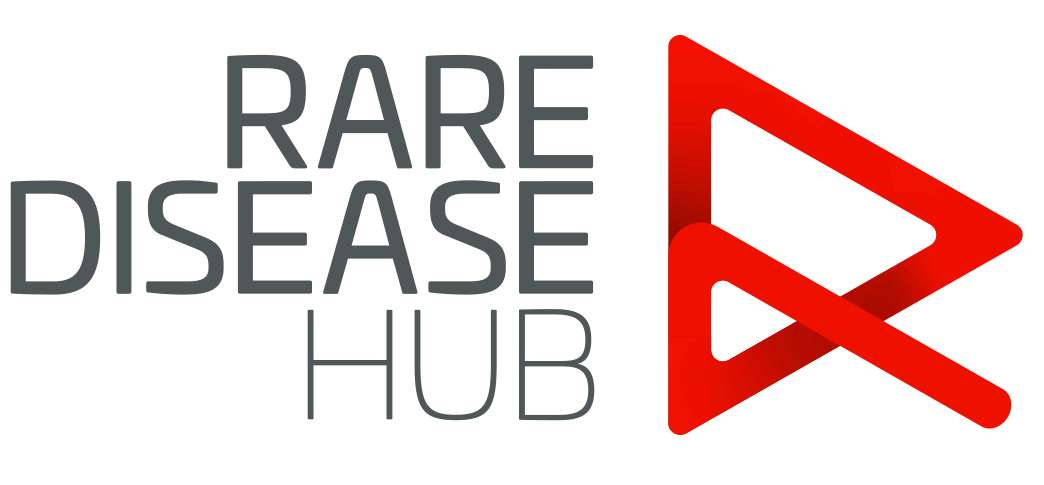
The emotional burden for patients with hereditary angioedema and their families can result in anxiety, stress and depression

Hereditary angioedema (HAE), an unpredictable disease that can be fatal, represents a significant emotional burden for patients. This article outlines what we currently know about the psychological impact of HAE, both from the literature and from personal accounts given during Takeda interviews with sufferers.1–3
HAE is a life-threatening illness where sufferers experience unpredictable and recurrent episodes of swelling.1 Swelling can occur in the skin, gastrointestinal tract and upper respiratory tract, where it can be particularly dangerous as swelling in the mucosa of the upper airways can lead to suffocation.1 The mutations responsible for disease lie in the C1 inhibitor (C1-INH) gene, leading to the nomenclature C1-INH-HAE.1 The leading cause of death among patients who die of C1-INH-HAE is asphyxiation.1
The unpredictable nature of HAE creates a multitude of significant fears for patients.1 In a survey of 63 patients with C1-INH-HAE the authors found patients greatest fears were sudden airway closure (85%), intolerable pain (65%) and transmission of the disease to their children (55%).1 Daily worries of spasms, colic pain, vomiting, diarrhoea and disfiguration mean everyday activities linked to their work and home life can be affected.1 It is estimated that patients with C1-INH-HAE lose between 20 and 100 days of social activities each year.1 Patients can live with persistent anxiety between episodes.1
“HAE affects our family life a lot. Psychologically, we all feel very low and sad whenever one of us has an episode as we know there is no cure for HAE.”2
Emotional stress is reported by patients to be the most common trigger for attacks and can lead to a cycle of attacks followed by anxiety, which then triggers further episodes.1
A survey published in 2010 of 457 patients with HAE found a high prevalence of depression compared with the normal population (Figure 1). In addition, patients reported significantly poorer health-related quality of life versus population norms, based on the 12-item Short Form Health Survey (SF-12) Physical Component Summary (mean score of 43.7 vs 49.6; p<0.001) and Mental Component Summary (mean score of 42.6 vs 49.4; p<0.001).3

Figure 1. Depression experienced by HAE sufferers3
HDI-SF, Hamilton Depression Inventory–Short Form; SD, standard deviation.
Attack triggers such as infections, emotional stress, physical exertion, trauma, invasive medical procedures, menstruation and some medications can impact patients’ choices regarding everyday activities such as travelling, hobbies or social events.1 HAE can also result in anxiety about having relationships and children.1
Watch this HAE Burden of Illness mini clip to hear Martin talking about his experience.
A survey of 63 patients with C1-INH-HAE found their greatest fears were sudden airway closure (85%), intolerable pain (65%) and transmission of the disease to their children (55%).1
- Savarese L, et al. Psychology and hereditary angioedema: A systematic review. Allergy Asthma Proc 2021;42:e1–7.
- Patient interview. The emotional impact of HAE. A film produced by Takeda for the Rare Disease Hub 2022. Available at: https://www.rarediseasehub.co.uk/resources/emotional-impact-of-hae/. Accessed February 2022.
- Lumry WR et al. The humanistic burden of hereditary angioedema: Impact on health-related quality of life, productivity, and depression. Allergy Asthma Proc 2010;31:407–14.


